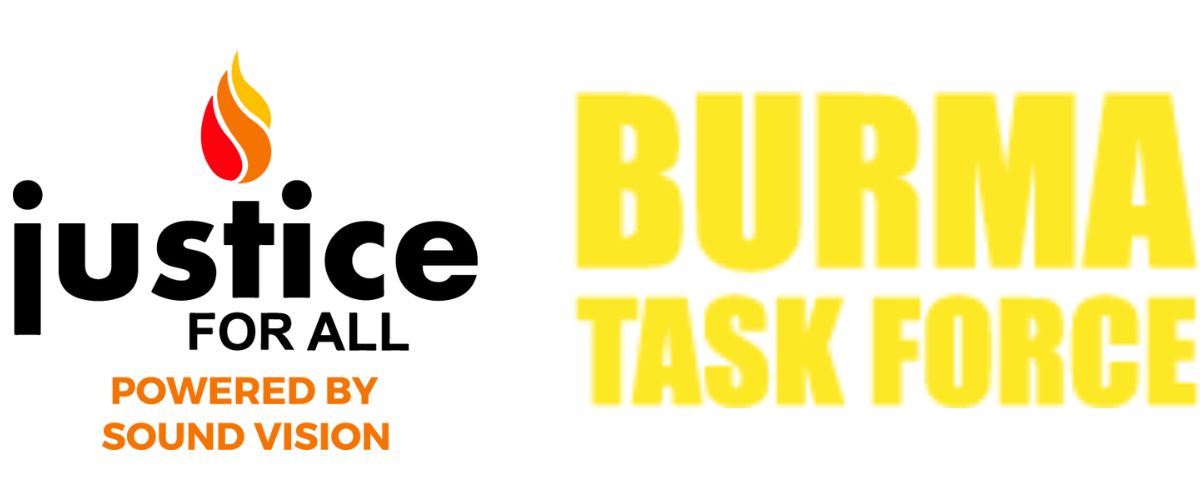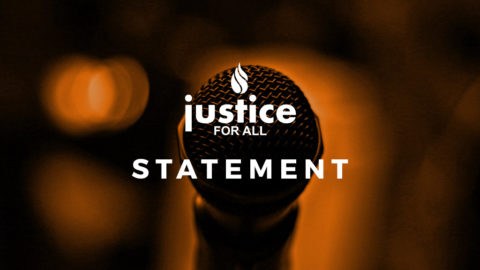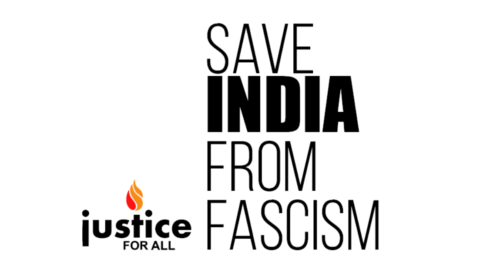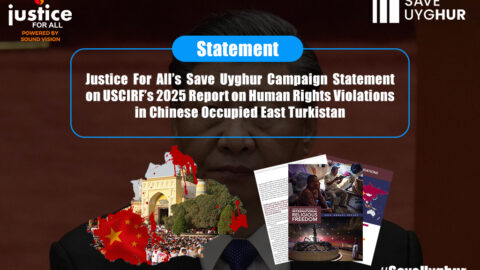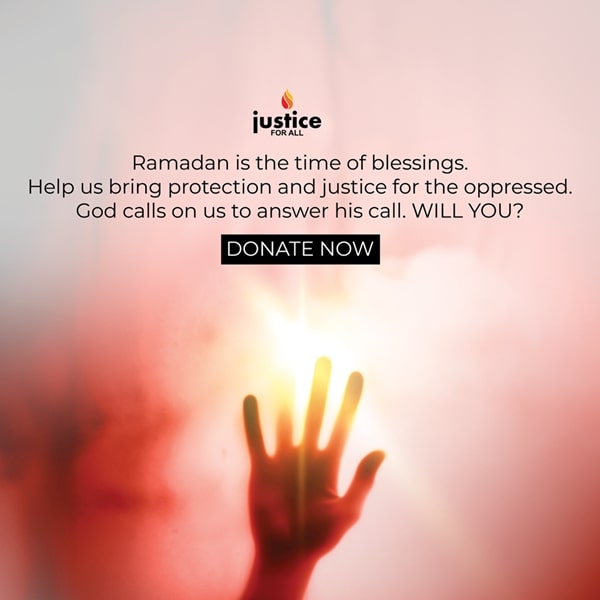April 3, 2025 — Justice For All’s Save India From Fascism campaign strongly condemns the…
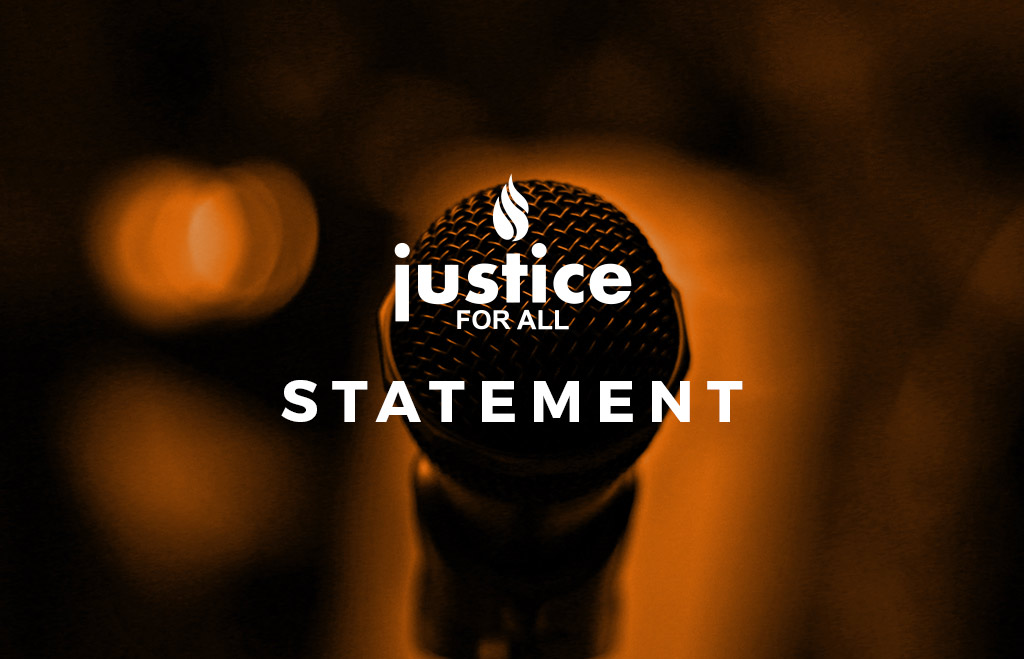
Acknowledging the Bosnian Genocide Legacy and Contemporary Genocide in Palestine
July 12, 2024
In commemoration of the 29th anniversary of the Srebrenica genocide, Justice For All solemnly reflects on the atrocities committed by Serb forces against Bosnian Muslims (Bosniaks). In July 1995, the Bosnian Serb army systematically murdered over 8,000 Bosniak men and boys in Srebrenica, and expelled over 20,000 individuals in what the United Nations has recognized as the worst crime on European soil since the Second World War. In the three years preceding the genocide, an estimated 100,000 people were killed (80% of whom were Bosniaks), up to 50,000 women were raped, and 2.2 million people became refugees. The unchecked display of gender-based violence, ethnic hatred and nationalistic extremism led to devastating consequences, leaving communities in perpetual mourning.
Thirty years ago, Justice For All played a significant role during the Bosnian genocide through the formation of the Bosnia Task Force (BTF). This coalition of ten Muslim organizations across the United States mobilized to demand action from the American government and the international community. BTF’s efforts were multifaceted, ranging from lobbying for the lifting of the UN arms embargo on Bosnia to advocating for the recognition of rape as a war crime. The task force galvanized support through grassroots mobilization, engaging with lawmakers, organizing rallies and directly communicating with the White House. These actions contributed to the eventual US intervention that played a critical role in halting the genocide.
Despite these efforts, the scars of Srebrenica remain. Thousands of families still lack closure and justice as they seek the remains of their loved ones, such as the recent burial of 14 newly identified victims of the Srebrenica genocide. Many of those who committed atrocity crimes were never convicted.
As we remember Srebrenica, we must also acknowledge the ongoing genocide in Palestine. The parallels between the denial of the Srebrenica genocide and the current situation in Palestine are profoundly troubling. The international community’s failure to recognize and act against Israel’s organized bombardment in Gaza perpetuates a familiar cycle of violence and impunity; over 38,345 Palestinians have been killed and 88,295 wounded in the past 9 months. As of early November, the Israeli Prison Service was holding 6,809 prisoners following a significant increase in the arbitrary detention and torture of Palestinians. Amnesty International has documented cases of severe beatings, forced strip searches and other forms of degrading treatment.
Since the forced expulsion of 750,000 Palestinians in the 1948 Nakba (“Catastrophe”), the systematic erasure and destruction of Palestinian lives, land and culture have continued unabated. In the last 37 days, Israel’s most recent bombardments have resulted in the deaths of over 11,000 Palestinians, including more than 4,000 children.
Genocide denial, whether in Srebrenica or Gaza, enables these atrocities to persist. Justice For All calls upon the United States government to honor the victims of Sebrenica by unequivocally condemning the genocide in Palestine. The government must take immediate action to protect civilian lives. We should not allow the lessons of the past to be in vain.
Imam Abdul Malik Mujahid, the then Chairperson of the Bosnia Task Force says, “The Srebrenica murders have had a lasting effect on the Bosniaks, and they should provide a solemn reminder to world populations about the promise of Never Again, made after the Holocaust. Sadly the lessons seem to be forgotten, as innocent Palestinians are dehumanized and are facing mass-murder. I call upon world leaders to commit themselves to the freedom of the indigenous people of Palestine, and if this is taken up on this anniversary of Srebrenica, then we would be honoring the victims of that genocide.”
Justice For All remains dedicated to defending minority rights, challenging genocides, and saving lives through education, action and advocacy.
